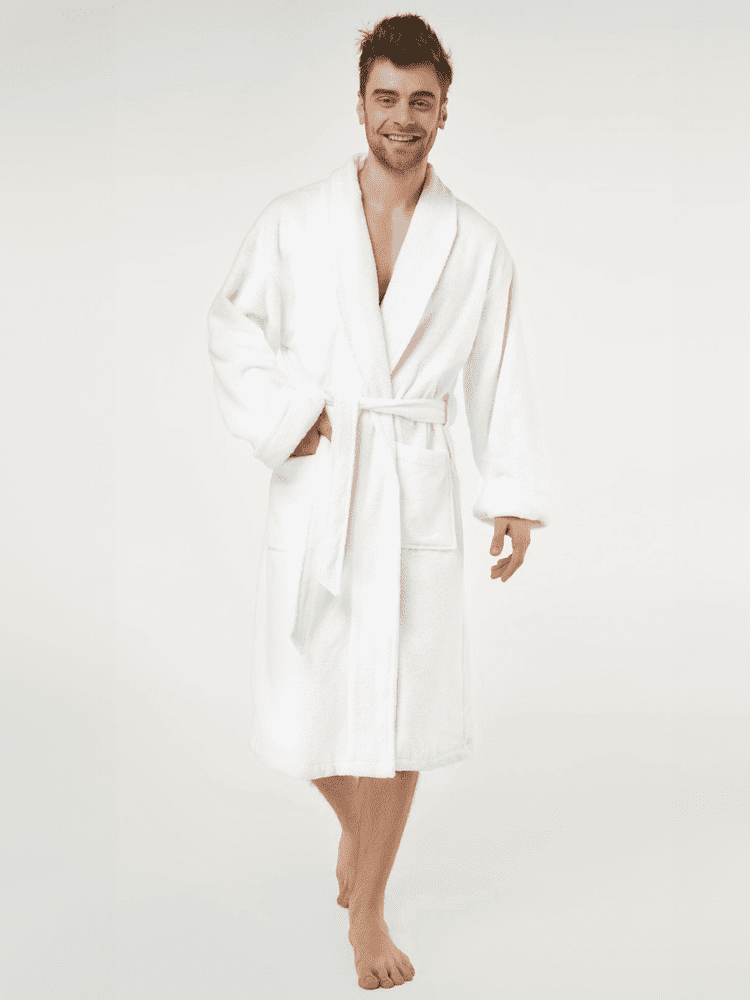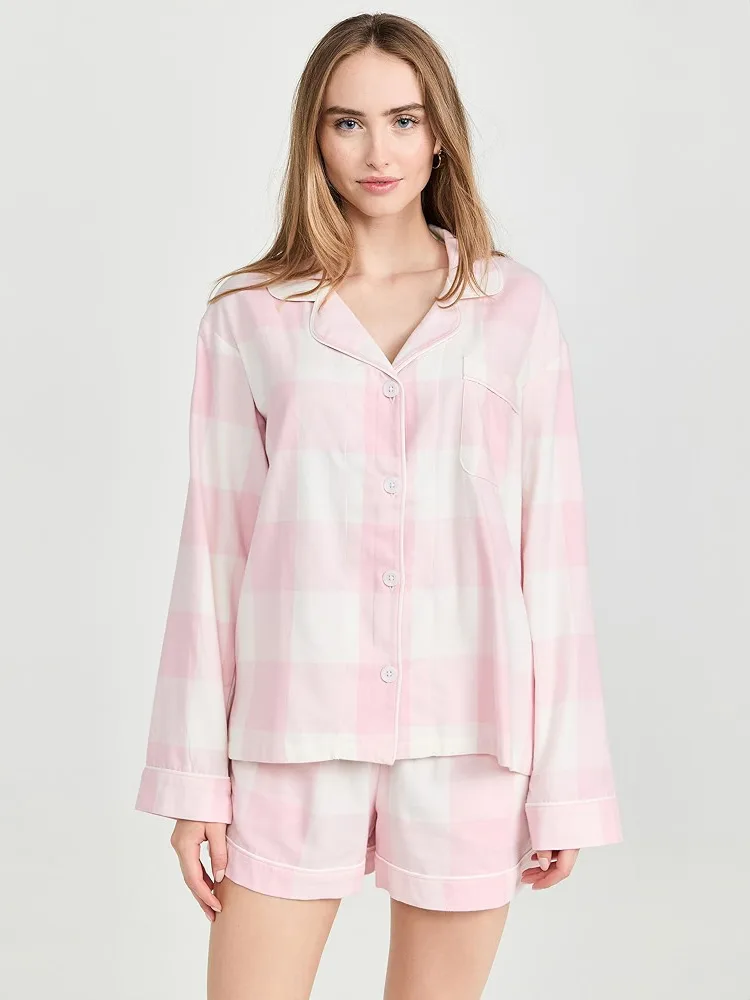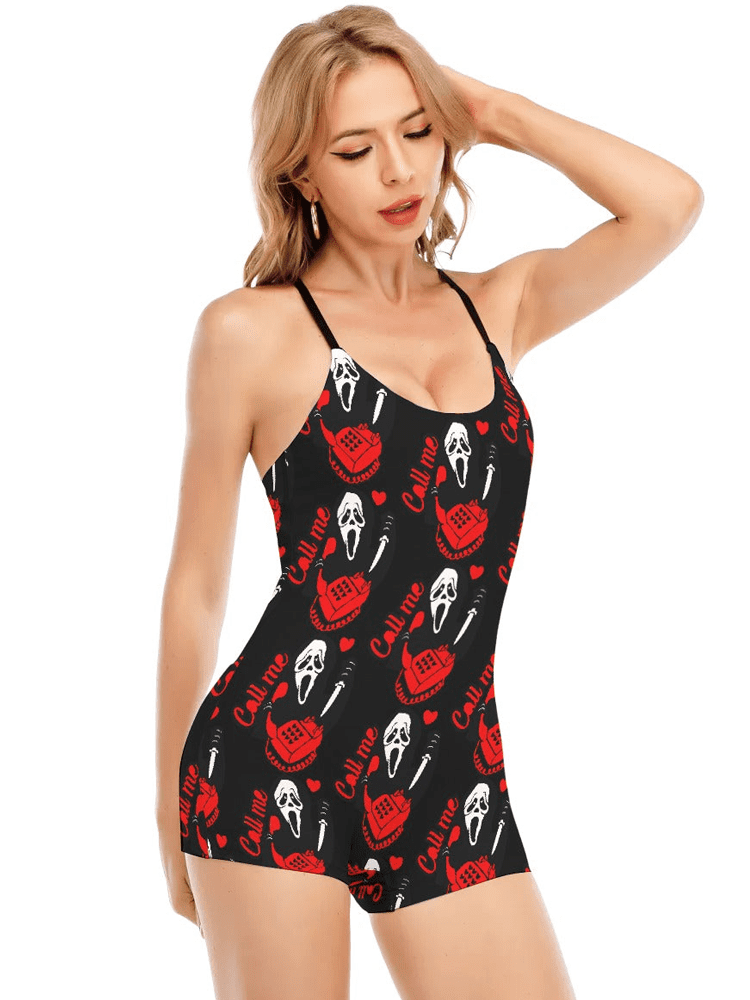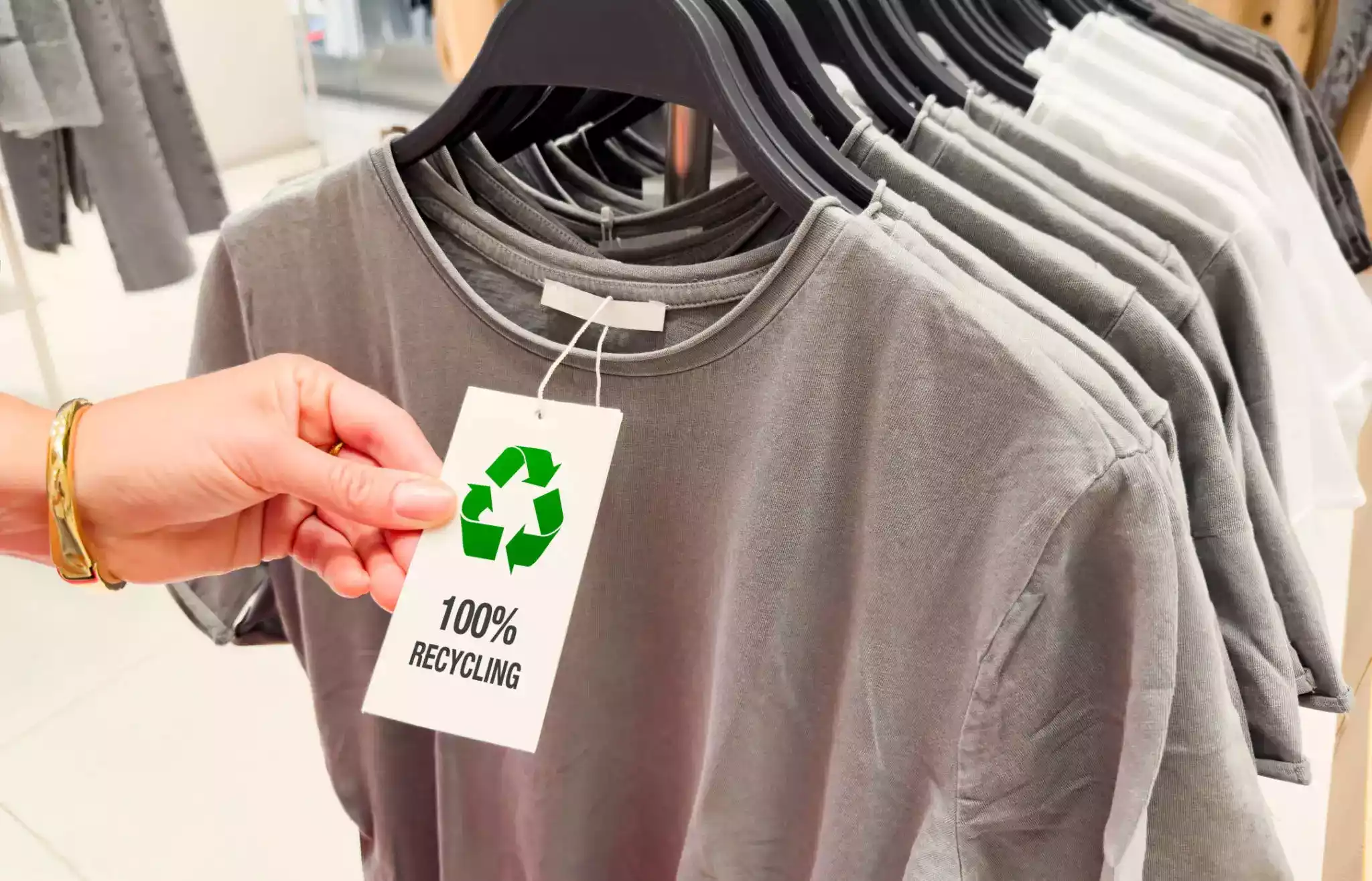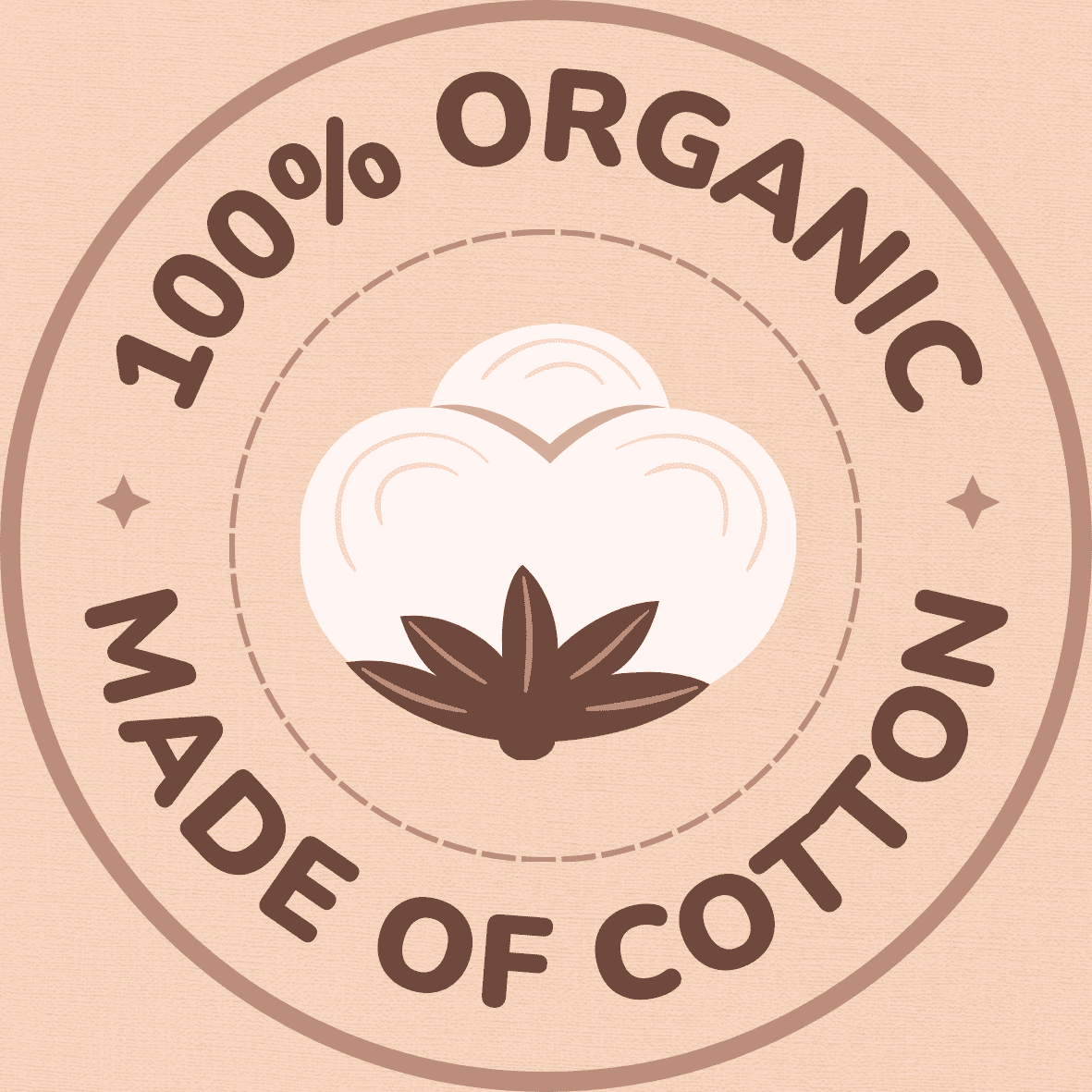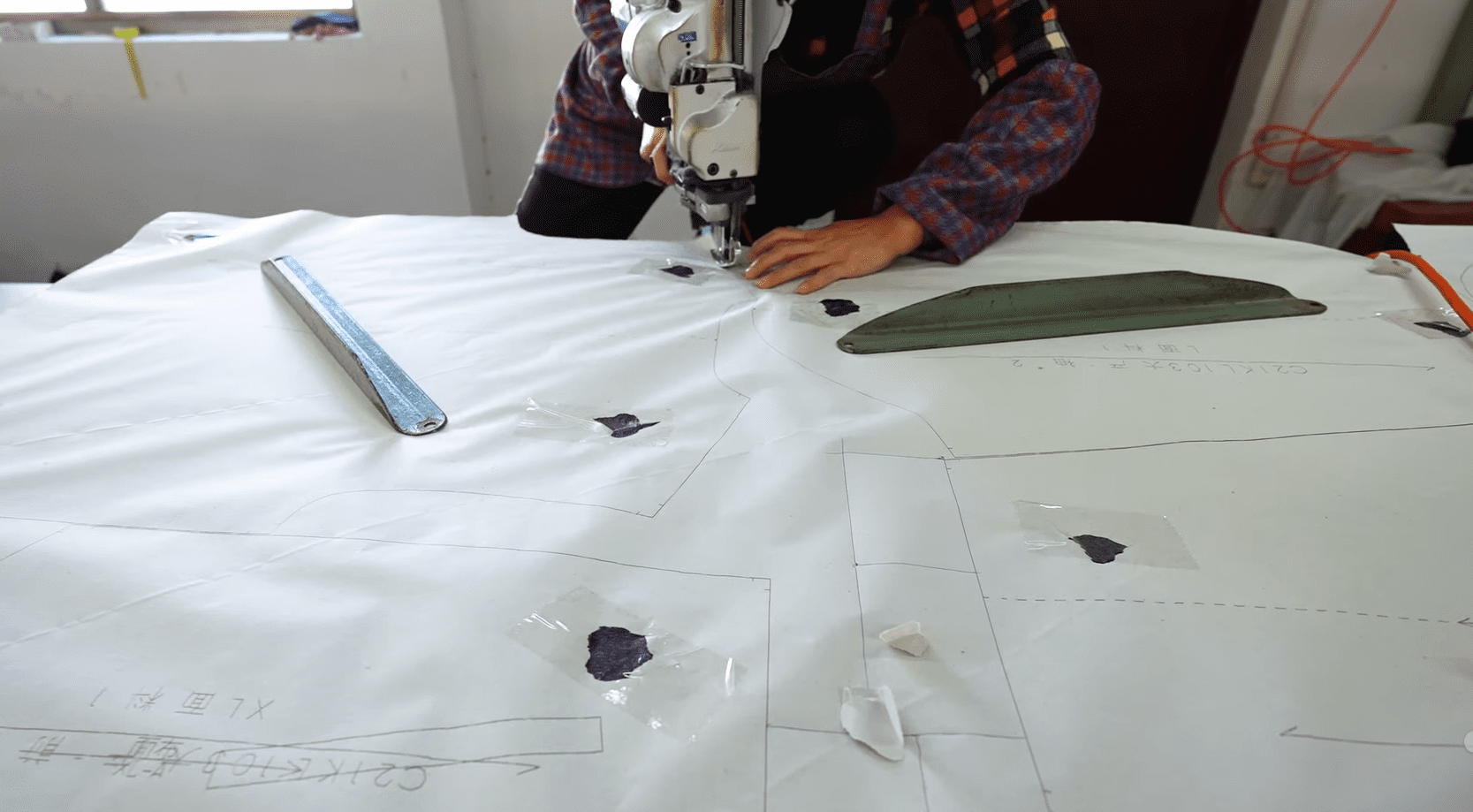Manufacturer for Clothes: The Art and Science of Apparel Production
The apparel industry is a broad and diverse field encapsulating a wide range of processes from concept design to the marketing of final products. It primarily engages in the production of yarn, and cloth and the subsequent design or manufacture of clothing and their distribution. Manufacturers of clothes play a pivotal role in this process, functioning as the bridge that turns designs into tangible garments available to consumers in shops or online retail spaces.
Whether a manufacturer for clothes is located near you, in the UK, or in China, each contributes significantly to the global apparel industry. The location of a manufacturer often influences the production capacity, price point, and certain sustainability practices. Manufacturers in the UK, for example, tend to produce high-quality, designer-led clothing often for smaller, independent brands whilst China, a heavyweight in clothing manufacturing, provides mass production capabilities, essential for fast fashion. Regardless of geographical location, one consistent expectation from a clothing manufacturer is adherence to rigorous quality standards and ethical production practices.
Steps in the Clothing Production Process
In the realm of bespoke fashion, custom clothing manufacturers play a crucial role in transforming creative ideas into wearable garments. Understanding the clothing production process can enlighten designers, fashion startups, and enthusiasts about the complexities intertwined in fashioning a single piece of apparel. Pjgarment, one of the industry’s leading platforms, exemplifies this intricate process thoroughly.
The process initiated by clothing manufacturers for startups involves several key steps. Initially, a conceptual design is formulated and refined into a more concrete, practical design. Once this is finalized, fabric selection takes place, with an emphasis on ensuring that the chosen materials will best embody the design. Following this, cutting and sewing transform the fabric into a tangible garment. The best manufacturers for clothes, like those found in the heart of Scotland’s textile industry, showcase exceptional skill and precision in these steps. This level of craftsmanship typically concludes with thorough quality control to ensure the final product aligns with the design vision and maintains the benchmark of excellence.
• The first step in the clothing production process is conceptual design. This involves brainstorming and sketching out initial ideas for a garment. It’s during this stage that designers can let their creativity run wild, experimenting with different styles, cuts, and embellishments.
• Once a concept has been established, it needs to be refined into a practical design. This means considering how the garment will actually be constructed – what kind of seams will it have? Where will zippers or buttons need to go? How many pieces of fabric will make up each part of the garment?
• With a finalized design in hand, manufacturers then move onto fabric selection. They must choose materials that not only look good but also function well for the intended use of the garment. For instance, sportswear requires breathable fabrics while winter coats need something warm yet lightweight.
• After selecting suitable fabrics comes cutting and sewing – transforming two-dimensional pieces of cloth into three-dimensional garments. Manufacturers must cut each piece accurately according to pattern specifications before assembling them using various sewing techniques.
• Quality control is an essential final step in clothing production process where every single detail matters; from stitching quality to button placement everything should align perfectly with the original design vision.
By understanding these steps involved in clothing manufacturing process one can appreciate why bespoke fashion holds such value – it’s not just about creating beautiful clothes but also maintaining high standards throughout every stage of production ensuring customer satisfaction at all times.
The Role of Design in Apparel Making
In the realm of apparel production, design plays a pivotal role in ensuring products are not only aesthetically pleasing but functional and marketable as well. This is especially crucial for clothing manufacturers dealing with small orders or start-ups looking for the best clothing manufacturers to kick-start their ventures. Engaging with a competent designer allows these stakeholders to translate their unique visions into wearable realities, thus allowing their brands to carve a distinctive niche in the highly competitive fashion industry.
In the quest for manufacturers for clothing, design aspects are often a top consideration. Clothing manufacturers for small businesses, for instance, heavily rely on designers to create collections that appeal to their targeted demographics while maintaining feasible production costs. The challenge lies in striking a perfect balance between innovative design and manufacturing practicality. Hence, understanding how to find a manufacturer for clothing whose design ethos aligns with the brand’s vision, can significantly impact the business’s overall success. From sketch to final product, design remains an integral part of the apparel production process.
Fabric Selection and its Impact on Clothing Quality
Manufacturing companies for clothing pay close attention to fabric selection, as it significantly influences the final product’s quality and market acceptance. The fabric is the skeleton of the garment, hence the choice of fabric is critical and involves considering factors such as texture, color, weight, and durability. Custom clothing manufacturers for startups, in particular, often leverage high-quality fabrics to differentiate their products in the highly competitive fashion market.
For manufactures for clothing brands as well as clothing manufacturers for startups in the USA or any part of the world, the fabric’s role extends beyond dictating the appeal of the garment. It affects the production process, where certain fabrics require specialized handling, and impacts on the garment’s longevity, which indirectly reflects the manufacturer’s reputation. Hence, the right fabric choice is vital for any manufacturer for a clothing line, both in terms of product quality and brand positioning.
Cutting and Sewing: From Fabric to Garment
The integration of skilled labor and innovation is crucial in the dynamic aspect of clothing production: cutting and sewing. For instance, baby clothing manufacturers for startups and clothing manufacturers for clothing line leverage this essential process to create fashionable designs. Specialized sewing techniques are employed to ensure that small details, like the radius of a curve on a collar or cuff are impeccably shorn. Similarly, clothing manufacturers for small orders bank on this stage to craft couture pieces that display intricate craftsmanship. Indeed, cutting and sewing stage is the bridge between the designer’s vision and its tangible depiction.
On the other hand, the significance of sustainability in the fashion industry cannot be overstated. Sustainable clothing manufacturers for small businesses mandate the use of eco-friendly materials and processes throughout the production cycle, including cutting and sewing. These initiatives not only contribute towards reducing environmental impacts but they also resonate with the growing number of conscious consumers. In the same vein, US clothing manufacturers for small businesses embody the spirit of local craftsmanship while ensuring stringent product quality. Through meticulous cutting and sewing, they accomplish bespoke tailoring that distinguishes their brands amidst industry competition.
Clothing Quality Control: Ensuring Excellence
Quality control in the apparel industry acts as the cornerstone of excellence, setting apart premium brands from cheap manufacturers for clothing. This process is a vital step in ensuring each garment meets the brand’s defined standards. Quality control broadens the scope for maintaining consistency and enhancing customer satisfaction. In particular, clothing manufacturers for startups in New York and Sydney have been lauded for their meticulous quality control processes, implementing stringent checks at every production process. They cater to even small businesses, facilitating the production of quality lines of clothing that underscore the brand’s reputation.
To ensure that quality isn’t sacrificed, irrespective of the size of the brand, understanding how to find a manufacturer for your clothing line is paramount. This decision can significantly affect the end product and your brand’s overall reputation. Choosing the wrong manufacturer might result in inferior products, causing lasting damage to your brand’s image. It’s necessary for startups to evaluate potential manufacturers based on their ability to consistently deliver high-quality garments. Thankfully, the sphere of clothing manufacturers for small businesses has greatly evolved, with a multitude of options offering exceptional quality control measures, particularly for those establishing their foothold in the competitive apparel industry.
Innovation in Apparel Production Technology
The transformation of the apparel industry steers forward with innovation at its helm. It inclines considerably towards manufacturers for custom clothes that embed advanced technology into their production processes. This paradigm shift is particularly evident in Germany where startups are increasingly collaborating with technologically-advanced clothing manufacturers. Such associations enable a fusion of traditional craftsmanship and new technologies, resulting in products of superior quality and design.
Meanwhile, across the English Channel, clothing manufacturers for startups in London are adopting innovative tech-driven methodologies, changing the traditional modus operandi of garment crafting. There lies a similar story in Italy and the USA, where startups have begun to invest in advanced technologies, seeking partnerships with clothing manufacturers that share the same vision. These forward-thinking alliances foster not only economic growth but also create opportunities for fashion products that are more sustainable, customizable, and accessible.
Sustainability and Ethics in Apparel Production
As the world is increasingly drawn towards green and ethical models of business, the mention of sustainability and ethics in the apparel industry becomes imperative. A significant shift has been observed towards custom clothing manufacturers for small businesses, whose operational models often incorporate sustainability and ethical production parameters on a deeper level. These businesses focus on reducing waste, use of eco-friendly material, and fair trade practices while creating a space where entrepreneurs seeking to find a manufacturer for their clothing line can rely on.
On the other side of the globe, there is a trend of finding overseas clothing manufacturers for small quantities, which not only focuses on economic benefits but also ensures ethical practices in their production processes. A potential challenge lies in choosing the right manufacturer. It is vital for entrepreneurs as part of their strategic planning to opt for good clothing manufacturers for small businesses that adhere to the principles of ethics and sustainability while providing high-quality products and services. Thus, we see both business benefits and social responsibility converging in a space where the consumers, the brand, and the planet stand to gain.
Global Supply Chains in the Apparel Industry
The dynamic realm of the apparel industry is becoming increasingly complex due to the global network of supply chains involved in clothing production. Diverse manufacturers, both domestic and overseas, play a vital role in this process. For instance, overseas manufacturing companies for clothing have amplified the options for sourcing materials and labor, fostering an environment of intense competition and variety. However, the challenge at hand remains centered around how to find a good manufacturer for clothing.
Being meticulous while selecting a good manufacturer for clothing is crucial as they hold the capacity to render significant influences on factors such as product quality, on-time delivery, and sustainability practices. Sourcing materials from non-conventional manufacturers using hemp for clothing manufacturing is one sustainable choice gaining traction recently amidst escalating environmental concerns. Additionally, private label manufacturers for clothing are emerging as popular choices for brands aiming to offer exclusivity and customizability to their customers. Their role has provided an opportunity for brands to have control over the look, quality, and pricing of their products.
Future Trends and Developments in Apparel Production
In a rapidly evolving industry, it has become vital for businesses to align with the foreseeable future trends and developments in apparel production. One significant trend is the rise in sourcing manufacturers for clothing due to the advantages it offers such as, cost effectiveness, quality control, and quick turnarounds. This approach allows businesses to stay competitive, meet consumer demands promptly, and achieve a sustainable growth model. Moreover, the interest in sourcing manufacturers is not just a trend followed by established apparel brands, but also by newbies in the industry, making it a popular practice across the board.
On the other hand, areas such as the UK and US have been receiving increased attention in the realm of apparel production, especially from startups. Namely, UK clothing manufacturers for startups and US manufacturing companies for clothing have become sought-after partners for these emerging businesses. These manufacturers offer a range of benefits including high-quality production, adherence to local labor laws, and shorter shipping times. Additionally, their deep understanding of the local market trends gives them an edge, further attracting startups to choose them as reliable partners in their entrepreneurial journey. As the industry continues to change and adapt, these future trends are likely to play a pivotal role in shaping the landscape of apparel production.
FAQs
What is the Apparel Industry?
The Apparel Industry involves the production of clothing items, from the initial conception of a garment, to its design and manufacture, and finally its sale. It includes a variety of sectors such as fashion design, manufacturing, distribution, marketing, and retailing.
What are the key steps in the apparel production process?
The key steps in the apparel production process include designing, pattern making, materials selection, cutting, sewing, pressing, quality control, and finally, packaging and dispatching.
How does design play a role in apparel making?
Design is a crucial step in apparel making as it sets the direction for the entire production process. It involves creating a concept, sketching the design, selecting the fabric and colors, and defining the details of the garment such as its cut, fit, and embellishments.
How is fabric selection important for clothing quality?
Fabric selection is pivotal to clothing quality as it determines the garment’s comfort, durability, care requirements, and appearance. The type, weight, texture, color, and pattern of the fabric significantly impact the final product’s look and feel.
What does the cutting and sewing process entail?
The cutting and sewing process involves converting fabric into a finished garment. The fabric is first cut into pattern pieces, which are then assembled and sewn together. This process requires precision and skill to ensure the garment’s fit and quality.
What is the purpose of clothing quality control?
Clothing quality control ensures that the finished garments meet the set standards for design, fit, and construction. It involves checking the garments for any defects or inconsistencies in the fabric, seams, stitches, or embellishments.
How is technology influencing apparel production?
Technology is revolutionizing apparel production by automating and enhancing various processes. Innovations like 3D printing, laser cutting, and smart fabrics are improving efficiency, precision, and customization. Additionally, digital platforms are enhancing design, marketing, and retail processes.
What is the significance of sustainability and ethics in apparel production?
Sustainability and ethics in apparel production involve responsible practices that minimize environmental impact and ensure fair treatment of workers. It includes using eco-friendly materials, reducing waste, and promoting fair trade and labor practices.
How are global supply chains impacting the apparel industry?
Global supply chains play a crucial role in the apparel industry, enabling it to source materials, manufacture, and sell products worldwide. However, they also present challenges such as managing product quality, labor standards, and environmental impact across different regions.
What are the future trends and developments expected in apparel production?
Future trends in apparel production include increased automation and digitization, stronger emphasis on sustainability, and more localized production. Developments like on-demand manufacturing and wearable technology are also expected to shape the industry.



